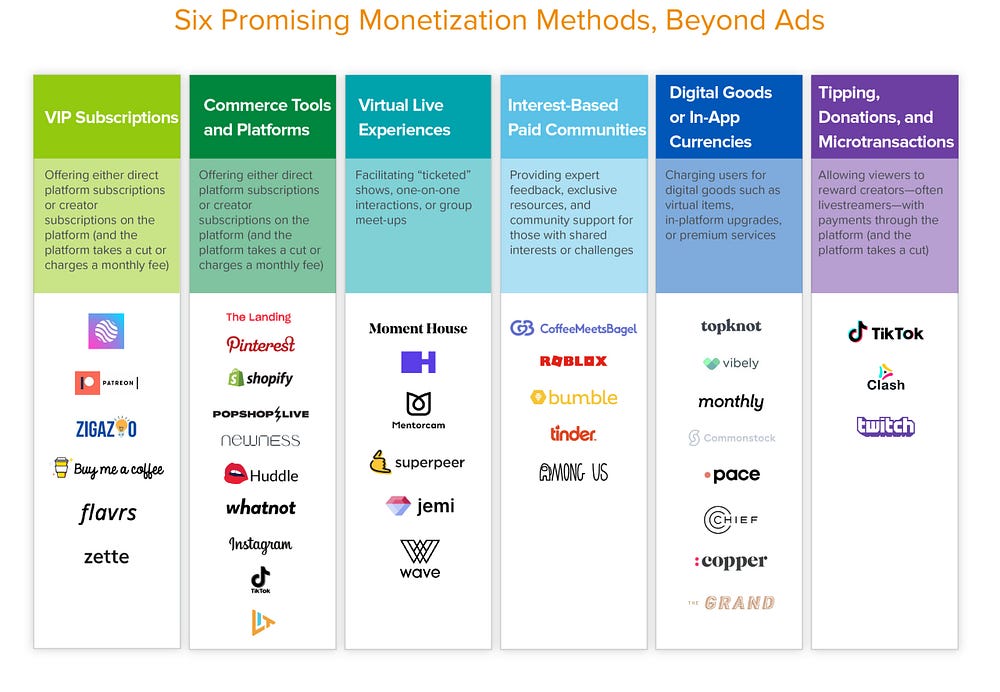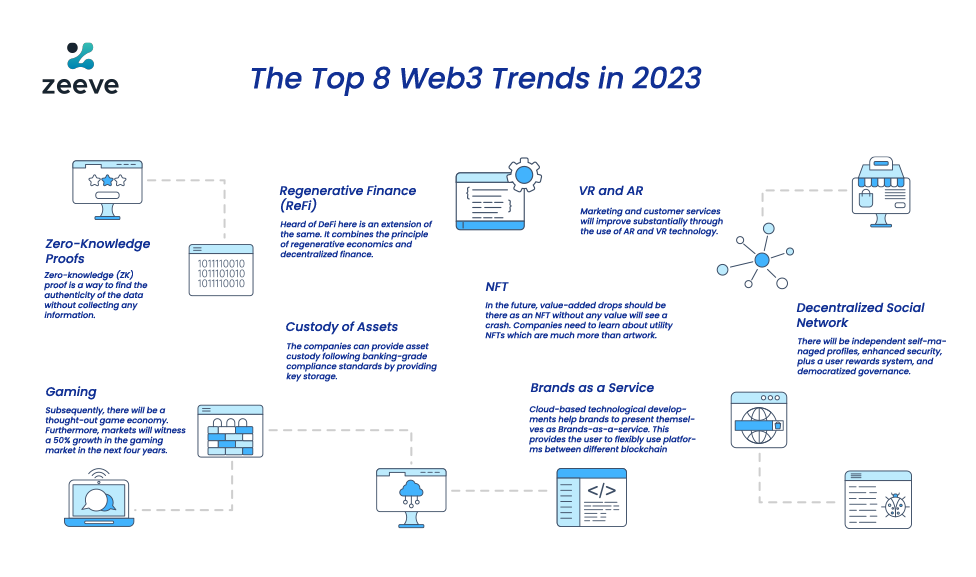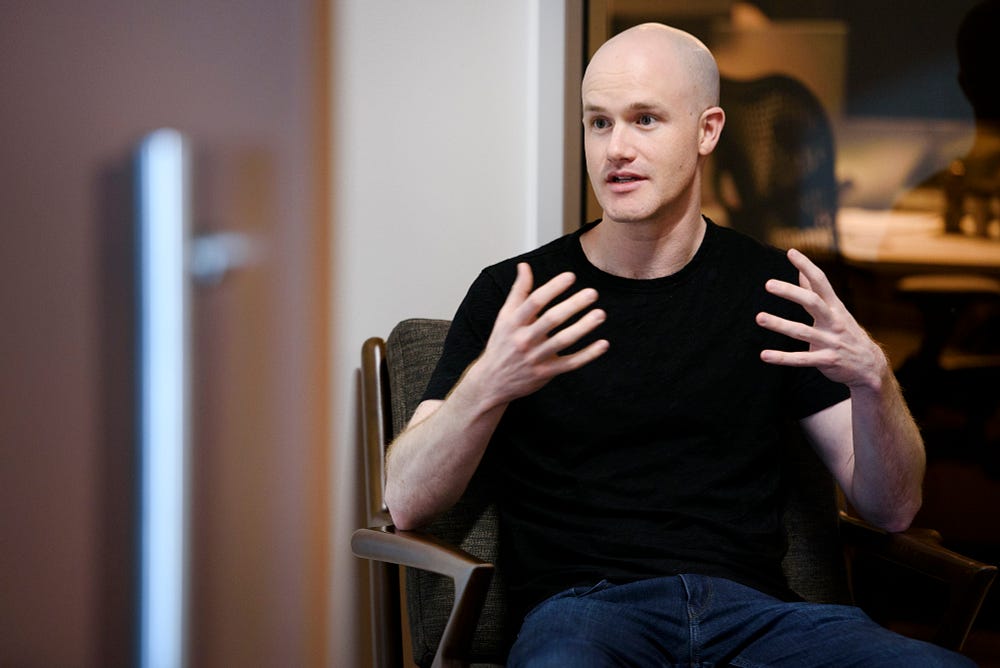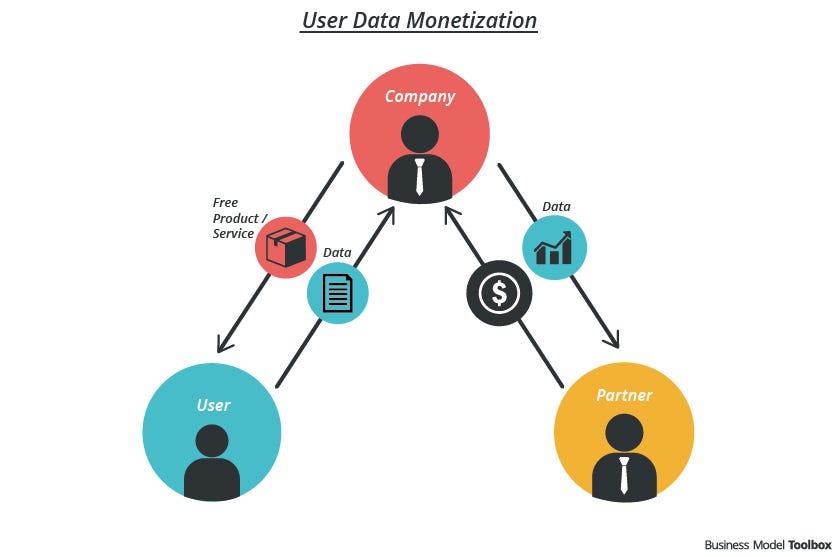After reading the CoinTelegraph article, I would like to challenge some of the points raised in this article in order to clarify everything and make it clear to you.
Pay-to-use blockchains are a technology that is currently being discussed and actively developed in the cryptocurrency industry. However, despite all their advantages, they face several serious obstacles that could hinder their path to mass adoption. In this article, we will explore why pay-to-use blockchains may encounter difficulties in trying to capture a wide audience and what measures can be taken to address these issues.
Monetizing Users: A Key Concern for Major Players

We have all become accustomed to freely navigating Google or Facebook without having to pay for every action we take. We want to send friend requests (for free) to anyone, even to President Biden. Furthermore, we want to search for any question we’re hesitant to ask our colleagues about because it’s free.
Let’s start with the fact that “free” for users means “seamless” and “familiar.” It should be as simple as opening an app or playing a new part of The Witcher on PlayStation. Developers should stop asking ordinary people to change their behavior and adapt to someone else’s rules because to comply with the limitations of technology, one simply needs to meet users where they already are.
The Advantage of Indirect Monetization
Indirect monetization, such as displaying ads or charging fees to developers, allows users to stay on a platform without the need for direct payment. This approach has been around for a long time and has proven to be effective. In the context of blockchain, where some networks require gas fees for each transaction, users may encounter misunderstandings and inconveniences.

Pay-to-Use Blockchains and Their Monetization
One of the main challenges faced by first-tier blockchains is their monetization strategy. Many of them aim for direct user monetization, which may deter a wide audience. However, based on the concepts of Web3, an alternative approach can be proposed.
Web3 Platforms: A New Direction
Web3 provides new opportunities for aligning the interests of creators and consumers. This can include various incentives, such as non-fungible tokens (NFTs). However, first-tier blockchains often remain on the sidelines, neglecting these innovative approaches. Among the promising Web3 platforms that can replace traditional social networks are Minds, Paragraph, and dscvr. They offer new possibilities for user-creator interaction.

Web3 and commerce
Commerce will remain an integral part of this new type of internet.
Luxury brand Gucci has launched a limited collection of wearables for Roblox, a metaverse and gaming platform. Sports brand Nike bought a virtual shoe company that makes NFTs and sneakers ‘for the metaverse’ last month.

“Content and commerce are going to converge, which means today, creators are going to be able to enable commerce from the content that they’re making,” said Vijay Subramaniam, group CEO and founder of Collective Artists Network. “I think the big intersections are content and commerce meeting with new age technologies like blockchain and the metaverse, where all of this is going to eventually merge and make them have a multiplier effect.”
Adaptation: A Crucial Aspect for Success
Adaptation is a key factor for the success of any product, including blockchains. Users are not always receptive to new technologies, and poorly designed applications and platforms can be rejected. This raises important questions about how user-friendly and accessible blockchains can be for ordinary users.

Opinions on Blockchain from CEO of Leading Blockchain Companies
CEOs of exchanges and blockchain experts express varying opinions on the future of this technology. Some believe that blockchain will change the world beyond recognition and recommend understanding this technology to avoid being left behind.
For example, Volodymyr Nosov predicts that further development of blockchain technology will inevitably lead to revolutionary changes in the global paradigm.

“I want to urge people to open their eyes and realize that a huge industry has formed behind them. It’s a clear replacement for all the familiar, established tools people have been living and interacting with. It’s already a reality on the doorstep, but no one is talking about it. So, to avoid being left without work, I would recommend understanding what blockchain is. Not out of speculative interest, but from the perspective of a technology that has come into the world and will soon change it beyond recognition,” said Volodymyr Nosov in one of his interviews.

Brian Armstrong, CEO of Coinbase, also shared his views on blockchain in one of his interviews:
“Scalability and the usefulness of blockchain are technical challenges, and technologists can easily come up with technical solutions. It’s entirely possible that over the 13 years of its existence, the crypto industry has overestimated this type of infrastructure thinking, ‘build it, and they will come.’ But in reality, non-financial use cases for cryptocurrency were largely unavailable for many years, and blockchains were like swings, with each significant influx of users.”
By the way, in 2023, cryptocurrency exchanges Coinbase and WhiteBIT launched blockchains — BASE and WB Network, respectively.
Based on the ideas of these two CEOs, it can be said that the adoption of this technology is a lengthy and complex process, but it is already underway. And, like many others, I do not agree that the crypto industry has no future.
Conclusion
The path to mass adoption of pay-to-use blockchains requires considering a multitude of factors, including monetization, adaptation, and innovation. However, thanks to the drive to improve technology and the development of Web3 platforms, it can be expected that blockchains will soon become more accessible and appealing to a broad audience.



